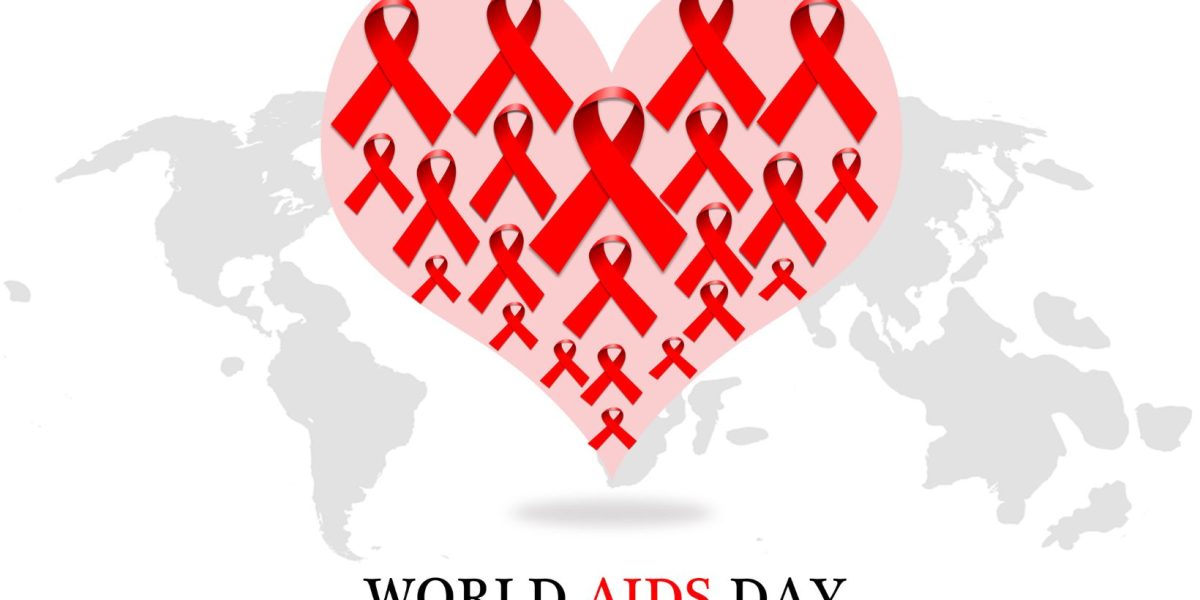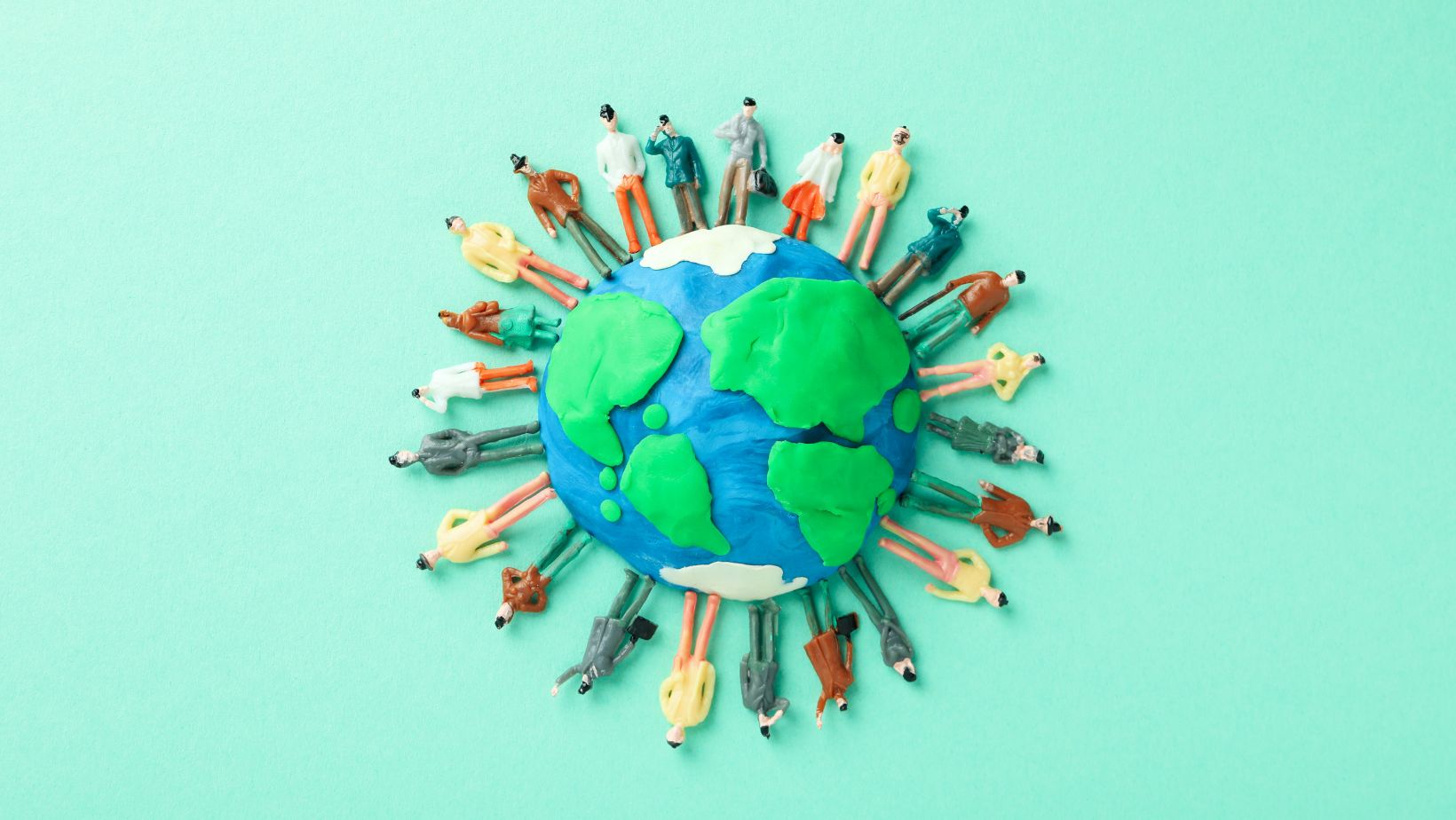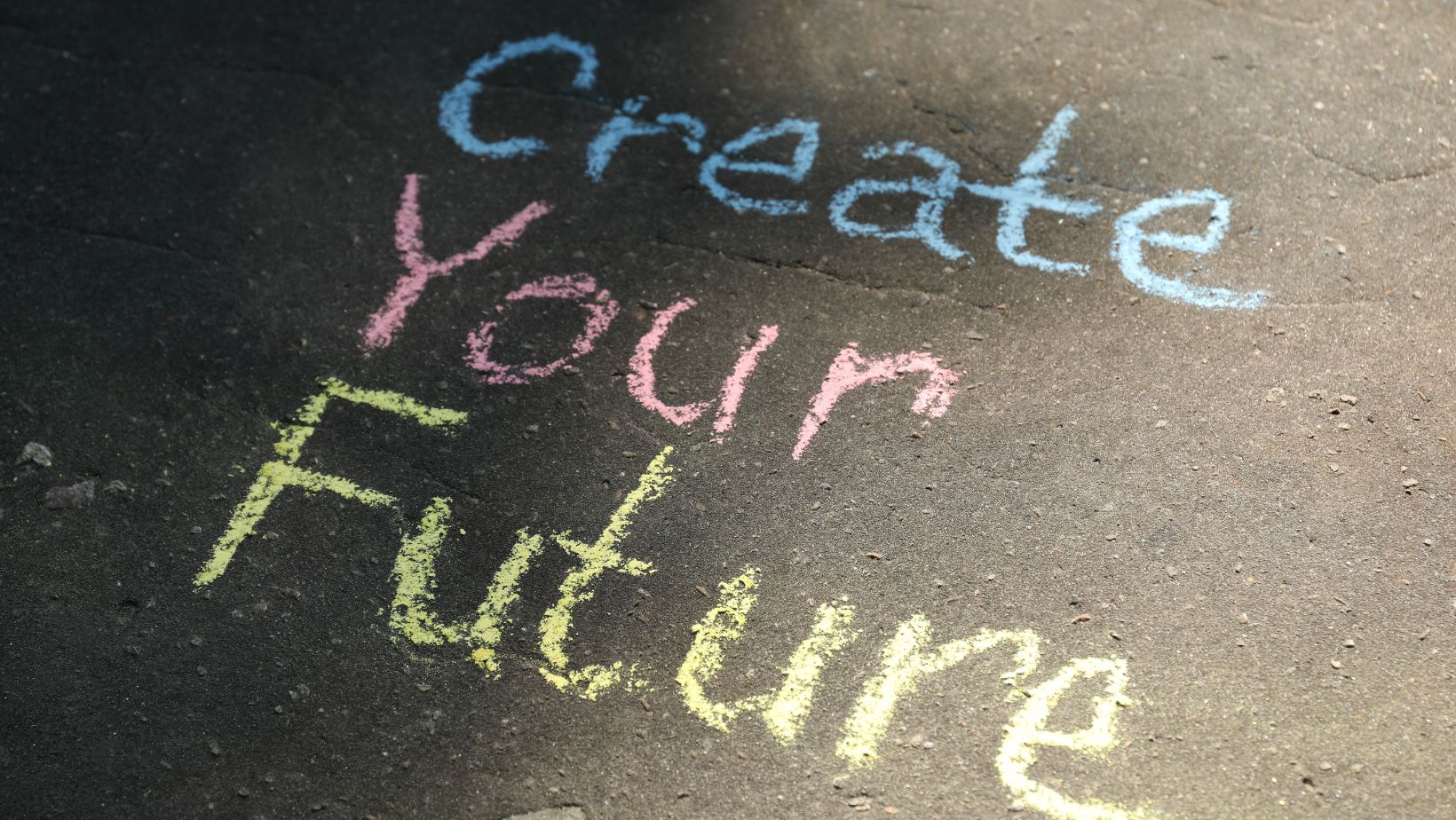Uniting Against HIV
World AIDS Day, observed annually on December 1st, is a global initiative dedicated to raising awareness about HIV/AIDS, remembering those who have lost their lives to the virus, and showing support for those living with HIV. Established in 1988, World AIDS Day has become a crucial platform for education, advocacy, and reflection, shedding light on the progress made and the challenges that persist in the fight against HIV/AIDS.
The Current Landscape:
As we approach another World AIDS Day, it’s essential to take stock of the current state of the HIV/AIDS pandemic. Despite significant strides in research, treatment, and prevention, HIV/AIDS remains a global health challenge. According to the World Health Organization (WHO), approximately 38 million people worldwide are living with HIV, with over 1.5 million new infections reported in 2020. While advancements in antiretroviral therapy (ART) have transformed HIV into a manageable chronic condition, stigma and discrimination continue to hinder efforts to eradicate the virus.
The Theme for 2023: " World AIDS DAY 35: Remember and Commit."
Each World AIDS Day is marked by a specific theme, guiding the focus of events and activities. The theme for 2023, “World AIDS Day 35: Remember and Commit.,” underscores the critical link between social, economic, and health inequalities and the persistence of HIV/AIDS. It emphasizes the need for a comprehensive and inclusive approach to address the root causes of the epidemic and achieve the goal of ending AIDS by 2030, as outlined in the United Nations’ Sustainable Development Goals.
Raising Awareness and Challenging Stigma:
One of the primary objectives of World AIDS Day is to raise awareness and challenge the stigma surrounding HIV/AIDS. Education is a powerful tool in dispelling myths and misconceptions, promoting prevention strategies, and encouraging regular testing. Communities around the world engage in educational campaigns, workshops, and outreach events to ensure that accurate information about HIV transmission, prevention, and treatment is disseminated.
Access to Treatment and Care:
While advancements in medical research have led to more effective treatments for HIV, ensuring universal access to these treatments remains a significant challenge. World AIDS Day serves as a reminder of the importance of advocating for increased funding, improved healthcare infrastructure, and affordable medications to make treatment and care accessible to all, regardless of geographical location or socioeconomic status.
Solidarity and Remembrance:
World AIDS Day is also a time for reflection and remembrance. Communities come together to honor the lives lost to HIV/AIDS, acknowledging the impact of the epidemic on individuals, families, and societies. Candlelight vigils, memorial services, and art exhibitions provide spaces for people to grieve, share stories, and demonstrate solidarity with those affected by HIV/AIDS.
Moving Forward:
As we commemorate World AIDS Day, it is crucial to recognize that the fight against HIV/AIDS is ongoing. While progress has been made, there is still much work to be done to achieve the ambitious goal of ending AIDS by 2030. This requires a collective effort from governments, healthcare professionals, activists, and communities worldwide. By continuing to raise awareness, challenge stigma, promote inclusivity, and advocate for increased resources, we can move closer to a world free from the burden of HIV/AIDS.
Conclusion:
World AIDS Day serves as a poignant reminder that the battle against HIV/AIDS is multifaceted, requiring a comprehensive and coordinated response. By fostering understanding, promoting inclusivity, and advocating for equitable access to healthcare, we can collectively work towards ending the AIDS epidemic and ensuring a healthier, more compassionate world for all.





